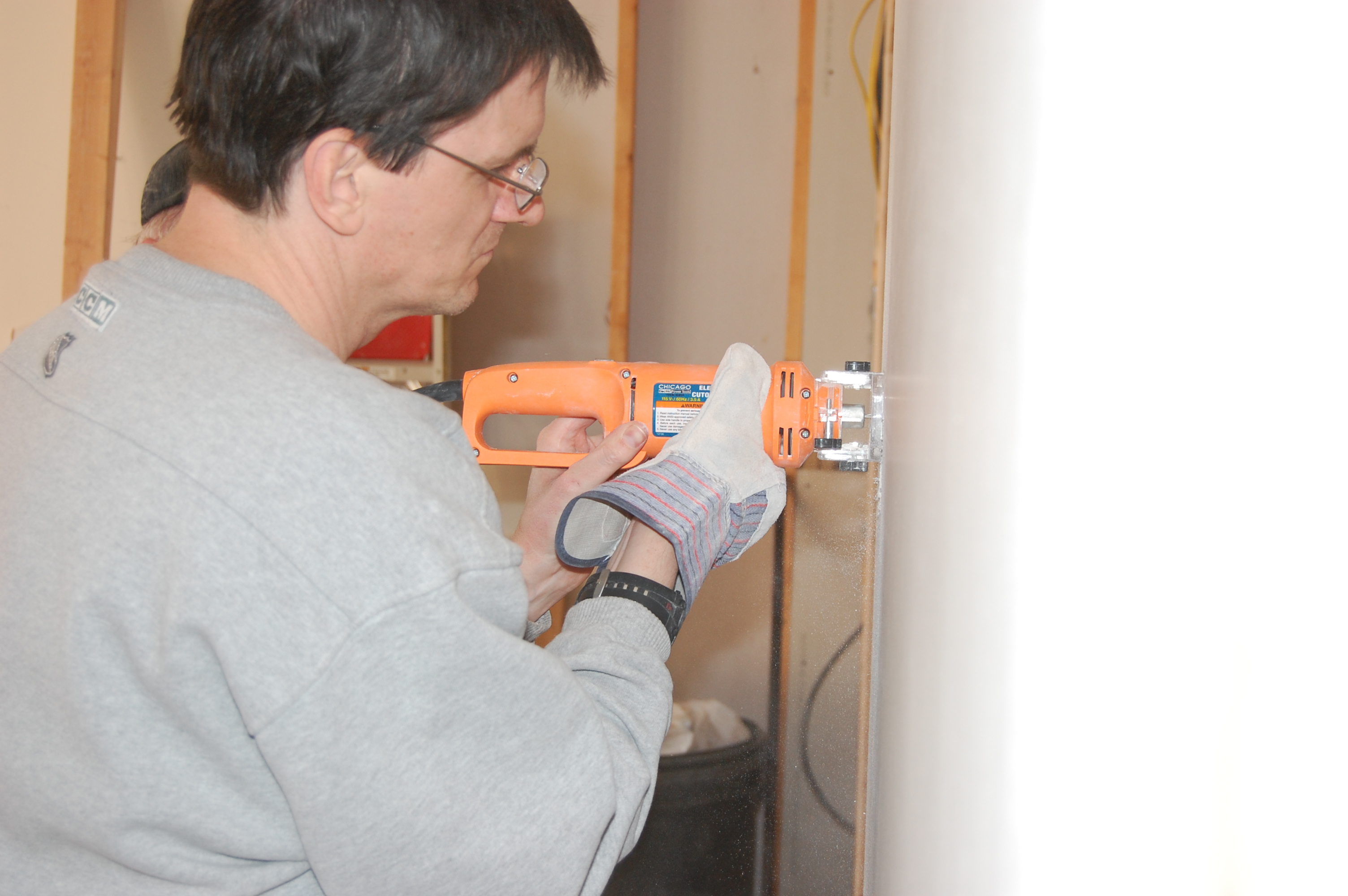

A tool I’m glad I purchased is a Ridgid Cordless Drill. The batteries eventually died and the cost of replacing a set of batteries was more than buying the drill new. I’ve never bought another Ryobi product since.Ī Dewalt Cordless Drill. Cost of shipping was more than the bandsaw, so it too sits in my regret tool storage.
ROTOZIP BITS HARBOR FREIGHT CRACKED
Poorly made, in fact the cast aluminum carriage that supports the upper wheel cracked after the 3rd use and Ryobi said they would fix it but I would have to ship it (at my cost) to their US factory. I was informed of this by KMS Tools where I bought (and who still sells the router) - they don’t tell customers that you can’t get parts or repair.Ī Ryobi Benchtop Bandsaw. Nice router but after purchasing it I discovered that service and support is not available in Canada.
ROTOZIP BITS HARBOR FREIGHT HOW TO
Anyway the manual is so badly written that to this day I’ve been unable to figure out how to use the thing so it sits in it’s box and gathers dust.Ī Triton Router. The manual is translated into Chinglish - you know the type, it uses english words (usually miss spelled) in sentences obviously translated by someone with only marginal understanding of english vocabulary. I have four that immediately pop into mind:Ī dovetail jig. Does that count as not living to expectation? Back then, I did not know about Lee Valley, etc. My first block plane was a Stanley, paid not even 20$ (new). And obviously, there is always the category of I did not know better. It’s though on the wallet sometimes, but usually, you don’t complain about the tool, you’re not frustrated by it and don’t have to buy the better one after. Buying cheap and having to buy better after. What I hate the most is spending twice for the same thing. The sanding papers and profiles are not staying in place and paper keeps tearing. Nobody likes sanding, but this tool adds to it. One thing I really think that did not live to its expectation is the inline profile sander by Porter Cable. But not long after, they came out with the same model but with a brake. Unfortunately, there is always improvement that happens. Thankfully, I usually buy the best (at least I think so). In my shop, I have a reel-spring loaded extension cord that is great. As I do not used them on a regular basis, the batteries die and can no longer get charged. I’m frustrated with the length of battery life. I have Makitas, Dewalts, Black & Deckers and Bosh. What tools/gadget/gizmos have you purchased that you now regret, either because you found a better way or because you realized you could have made the thing yourself?Īlmost all my battery operated tools. So I am personally thankful that companies still find it profitable enough to compete in this arena, even if some of the offerings are duds.Īll of this is written to preface a simple question: But there are times when a new innovation hits the mark, and the woodworking world is better for it. That means we often see the marketplace filled with solutions to problems that don’t exist or problems easily solved by other simpler/cheaper means. As a result, we are part of a very niche market filled with numerous modern companies that need to make real money. We are participants in a very old craft steeped in tradition. In the world of woodworking, innovation is hard to come by.

Just because something isn’t useful to me, doesn’t mean someone else out there might not have a use for it. As evidenced by last year’s charity auction, I also have a desire to move the useless OUT of the shop to make room for the useful. I have plenty of things in my shop that I could easily live without. I am certainly not immune to this problem, but I consider it all part of the learning curve.

Maybe, it’s something you realized wasn’t the best way to get the job done or you decided going the traditional route was the better option. Or, perhaps, it just doesn’t live up to the hype (the latest gizmo from company X). After you take delivery of the item and put it to use, you quickly realize this particular thing could have been easily made in the shop (cauls, winding sticks, jigs, etc.). It could be a tool, a gadget, a shop-helper, whatever. You’re flipping through the pages of a magazine or perhaps browsing a popular woodworking vendor’s website and you can’t help but be sucked in by the allure of a new thing-a-ma-jiggie.


 0 kommentar(er)
0 kommentar(er)
